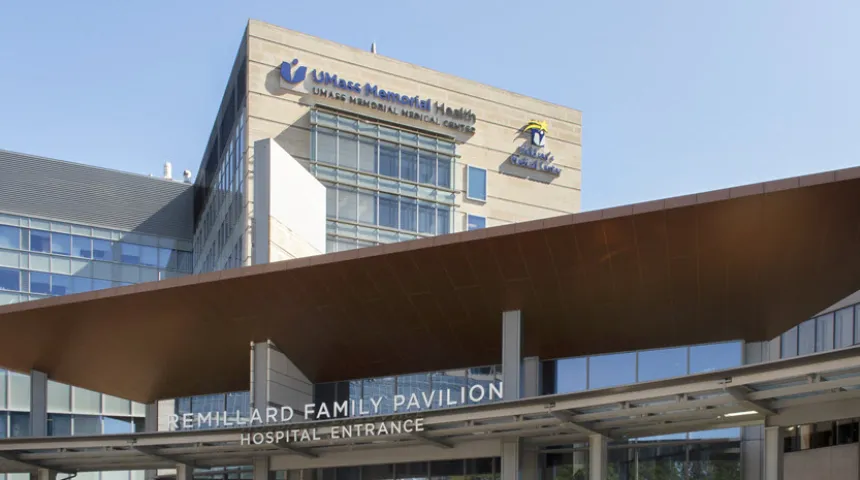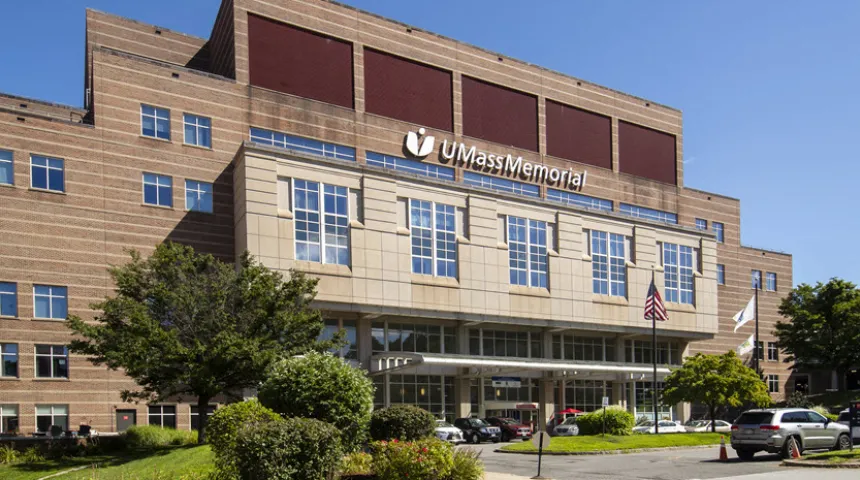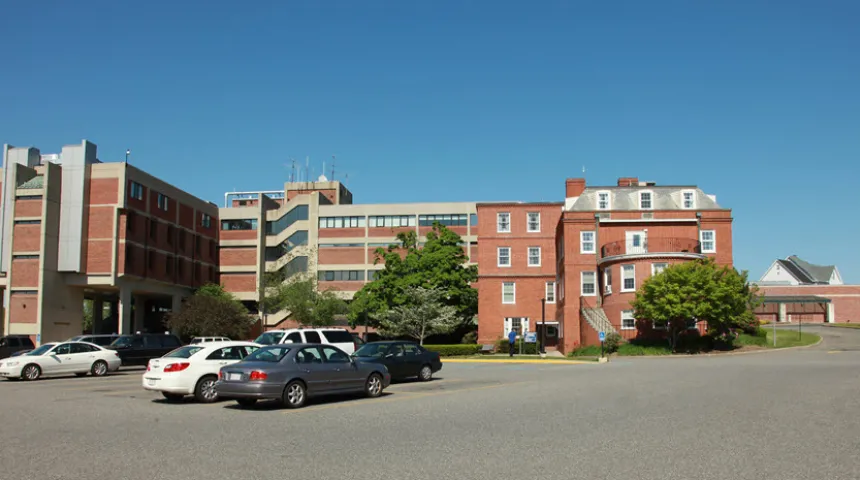Gout
Gout and pseudogout are painful forms of inflammatory arthritis that can keep you from the things you enjoy. Our rheumatologists treat the condition, so you can reclaim your quality of life.
Why Choose Us for Gout Care?
Systematic Diagnosis
At UMass Memorial, your provider does a thorough physical exam and discusses your medical history. They perform blood test(s) and X-rays to determine a precise diagnosis. This approach helps us develop the most appropriate treatment plan for you.
Personalized Treatment
Our rheumatologists discuss a treatment plan that targets your gout or pseudogout and works well with any other medications. They also educate you about lifestyle changes, such as diet choices, that can lead to fewer gout attacks in the future.
Our Rheumatology Locations
UMass Memorial Medical Center - University Campus
55 Lake Avenue North,
Worcester, MA 01655
UMass Memorial Medical Center - Memorial Campus
119 Belmont Street,
Worcester, MA 01605
HealthAlliance-Clinton Hospital - Leominster Campus
60 Hospital Road,
Leominster, MA 01453
Harrington Hospital - Southbridge Campus
100 South Street,
Southbridge, MA 01550

Franklin Rheumatology
1280 West Central Street,
Suite 102,
Franklin, MA 02038

HealthAlliance-Clinton Hospital - Leominster Campus Rheumatology
32 Oakes Avenue,
Leominster, MA 01453
Get Started
Call 855-UMASS-MD (855-862-7763) or request an appointment with a rheumatologist.




